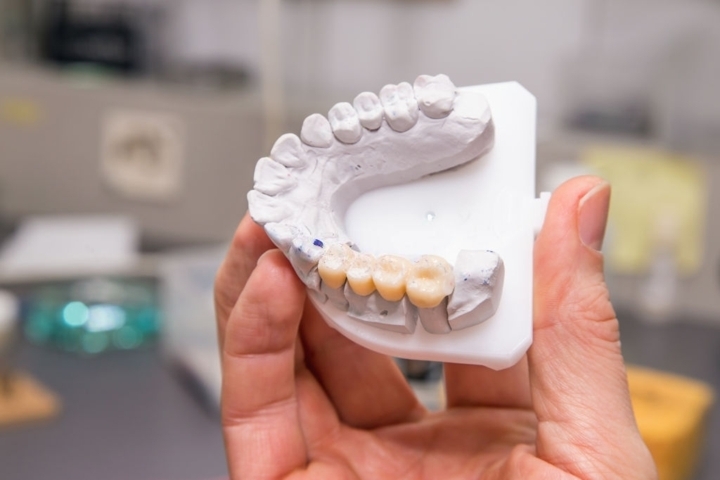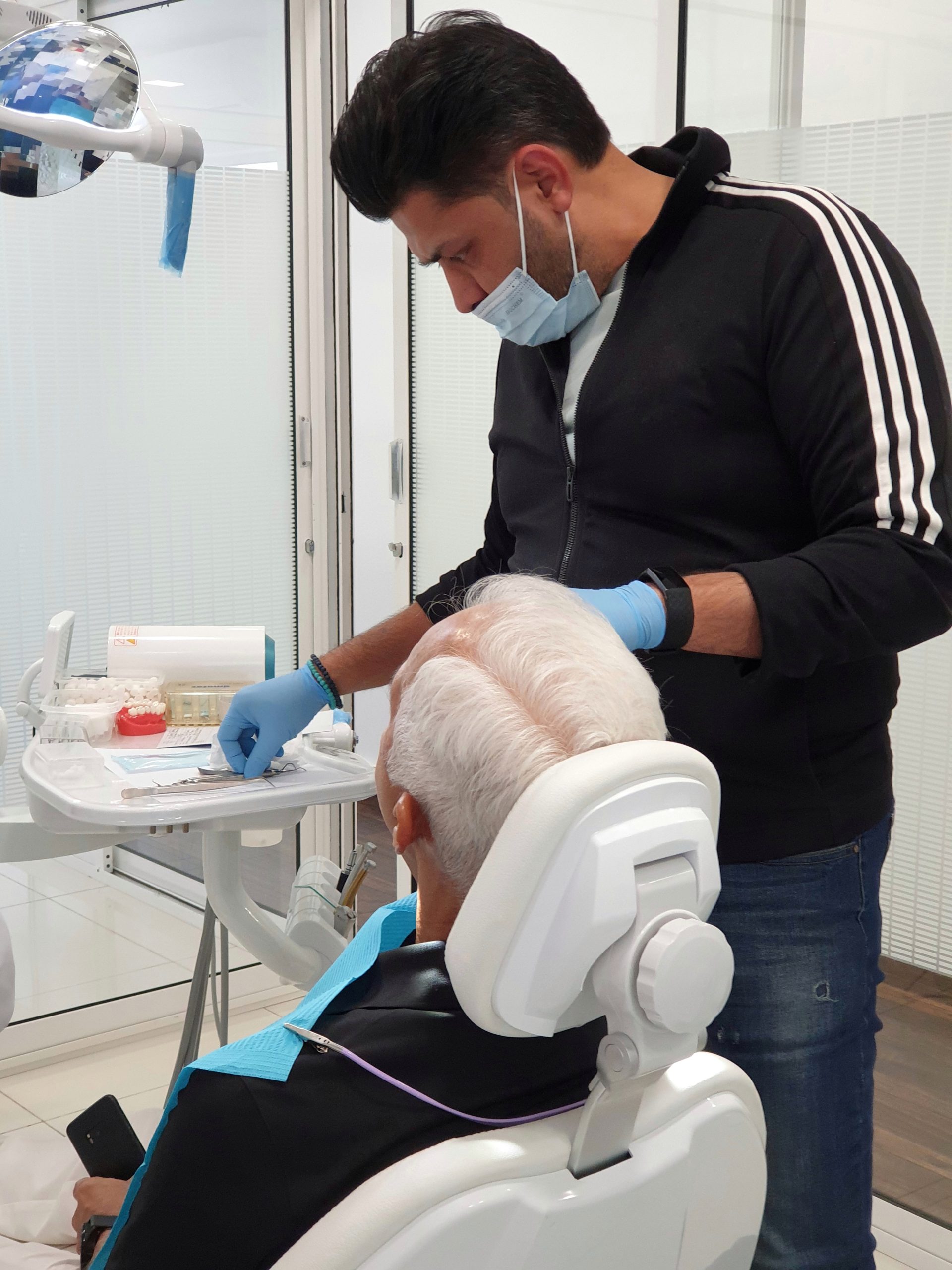
A mouth is the mirror of your overall health and can reflect positively or negatively on your age, depending on how you have been treating it! With increasing age, an increase in the number of dental problems is noted; hence older people require dental care more often. Geriatric dentistry is for them to ensure they have perfect oral health!
At what age is considered a geriatric patient?
Older people are more prone to diseases related to both dental and general health, as, with time, their teeth and body get weak. People over the age of 65 years are considered geriatric patients. They can be challenging to deal with, keeping in mind that they are elderly; it is even more important to treat them with patience and care as they too require diagnosis, prevention, management, and treatment for dental problems.
If geriatric patients are not provided with adequate dental care, it may worsen their overall health resulting in a compromised lifestyle.
What are geriatric disorders?
Many medical problems such as dementia, diabetes, hypertension, cardiac issues can also increase the number of dental problems because, with memory loss and weak health, geriatric patients cannot focus much on their dental health.
Geriatric conditions related to the mouth can be; tooth loss, tooth decay, advanced gum disease, resorbed jawbone, dry mouth, and benign or malignant oral cancer, etc.
Dental geriatric conditions can severely affect the elderly because they may completely stop them from eating or talking. Such diseases should be addressed instantly. At Durrani’s Dental Clinic, we counsel our geriatric patients to ensure that they get the required dental care. Call us at +92-21-37227441 to book an appointment.

What are geriatric problems?
This is the same as geriatric conditions and should be treated as soon as possible.
Tips and tricks to treat geriatric patients;
- Get their attention.
- Make them feel comfortable.
- Talk to them and explain in detail.
- Listen to them patiently; treat their fears first.
- Respect their opinions and be polite.
- Explain only one thing at a time.
- Maintain eye contact with them.
- Give them extra time if needed.
- Do not use long sentences or complicated words.
- Speak slowly yet loudly, clearly, and repeat your instructions if necessary.
- Reduce background noise.
- Give them early appointments when there is less crowd in the dental clinic for better focus.
- Keep the instruments away from their sight.
- Incorporate painkillers, sedation, and local anesthesia in the treatment if and when necessary.




